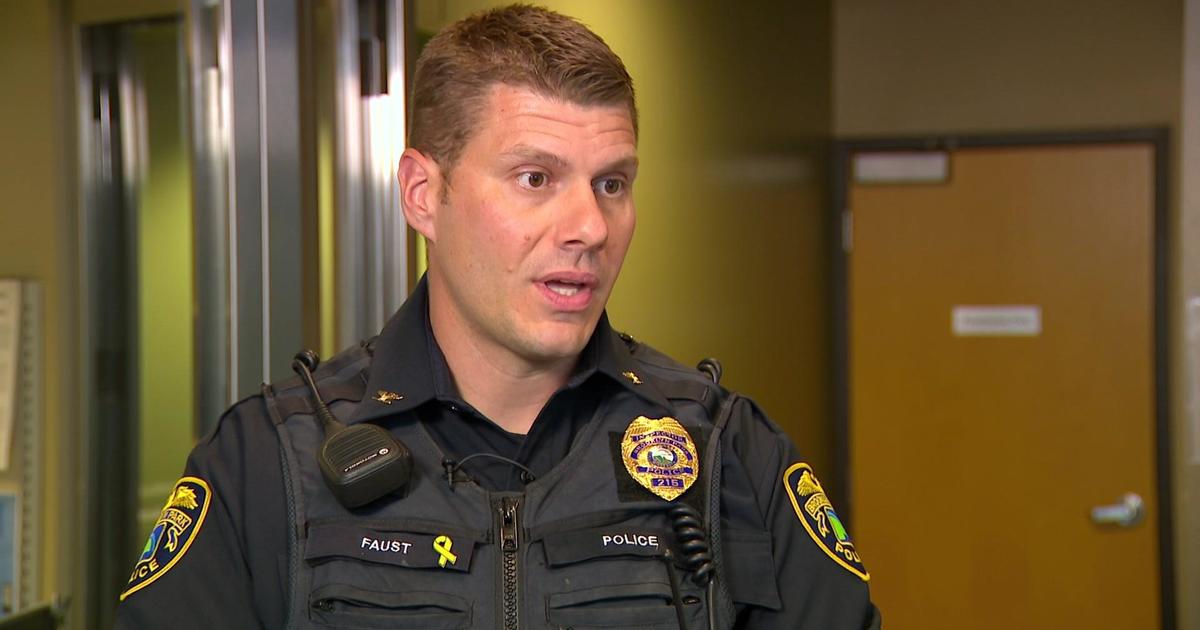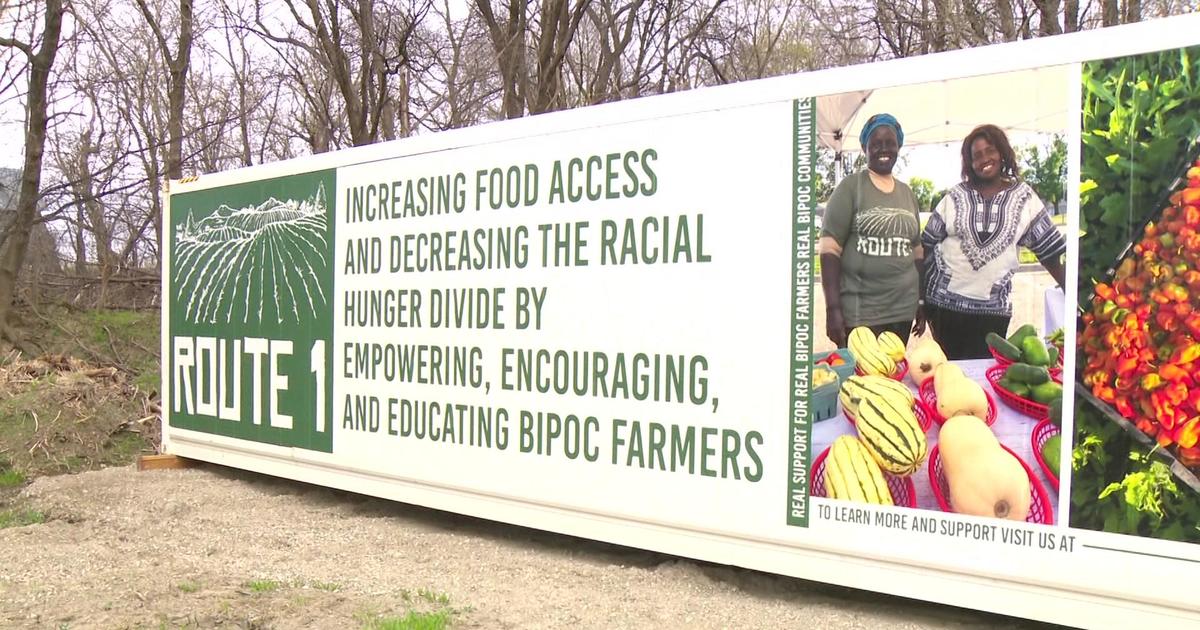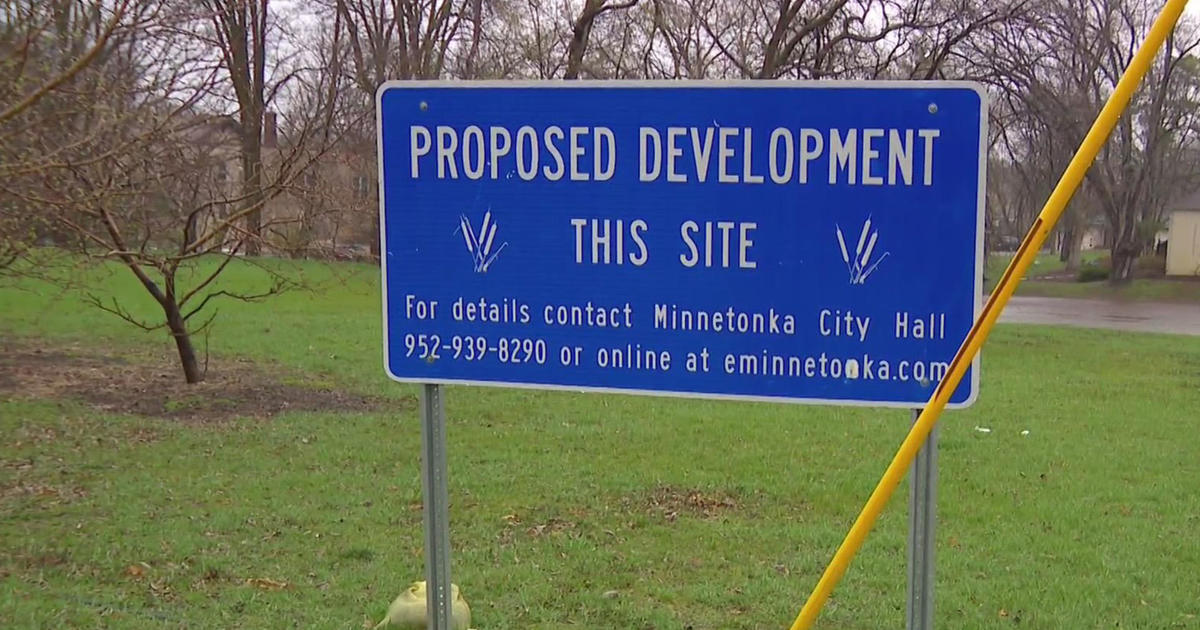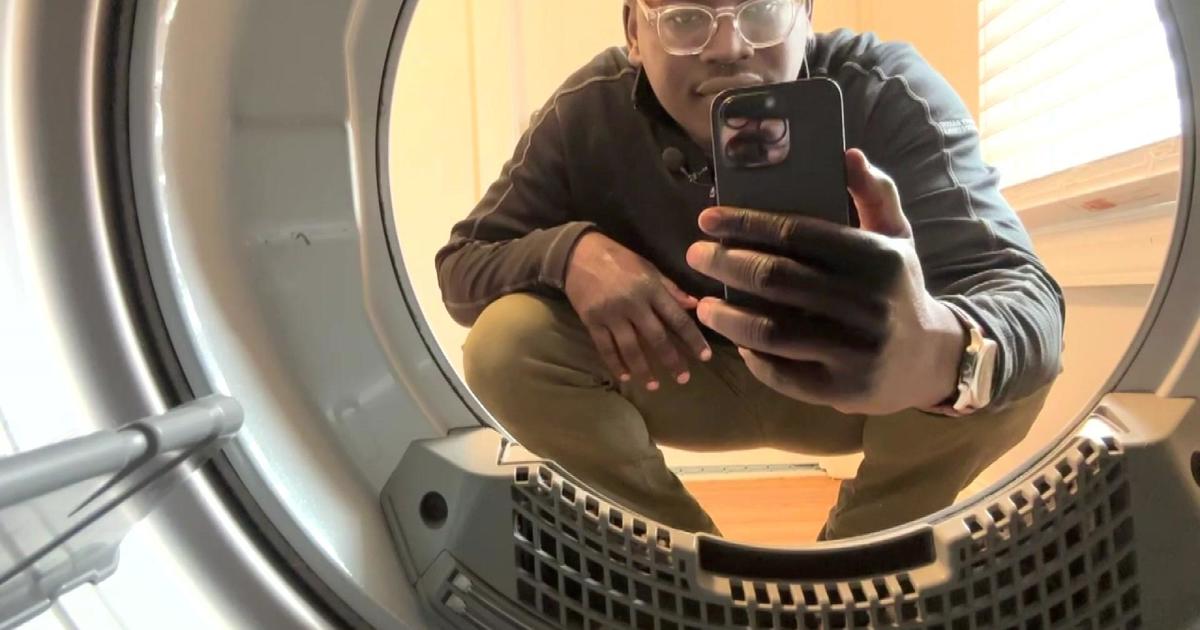Minn. Company Gives $1M In Hearing Aids To Deaf School
VANCOUVER, Wash. (AP) -- The smiles said it all.
Savannah Andersen, 3, beamed a 500-watt glow as she had her devices fitted.
Colt Franklin, 6, began to mouth some words and mimic a few new sounds.
The look that spread like sweet syrup down the face of Ashantay Truong, 9, as realization set in?
Priceless.
New, digital hearing aids were fitted Monday and Tuesday on more than 100 Washington School for the Deaf students, plus many brothers, sisters, parents, school alumni and faculty and staff members.
Cost of the state-of-the-art models, a vast improvement over older, analog aids, can reach $5,000 each.
Meaning the 425 personally tailored devices, neatly sorted in sealed plastic bags after all recipients were carefully screened in October, are worth a cool $1 million, at least.
Here's the kicker: They came absolutely free as Vancouver was rewarded with the missionary, globetrotting work of the Minneapolis-based Starkey Hearing Foundation.
"Which is amazing," said WSD audiologist Jane Tabor, who helped arrange the giveaway.
The aids enable some users to clearly distinguish speech from ambient noise, a huge advance. Volume automatically adjusts to input, with all other settings customized. The models also are more comfortable.
For Savannah, Colt and many others, they could hear sounds for the very first time.
Whether the patter of rainfall, a door squeak, simple footsteps or conversation, the world took on new wonder for recipients, young and old.
"It's so far beyond what they've had in the past," said Jane Mulholland, WSD superintendent. So many students have exclaimed since Monday, "I can hear myself!" she said.
Even so, the devices won't replace American Sign Language or deaf-specific instruction. The goal at WSD remains a bilingual education, Mulholland explained. New technology gives a huge boost in additional information, "as much a (helpful) tool as is possible," she said.
Youngsters will receive counsel and training as they adjust to all the auditory input, said WSD teacher Stephanie Alves de Lima.
"We're going to be explaining some of these things," de Lima said. "We're still going to be signing." She looks forward to students' progress in language and reading skills, she said.
Immediately, Savannah got positive response from one booster.
"I like your hearing aid," little Evan Stromberg, 4 signed to her as she showed off her gift. His turn would soon come.
Spun off from hearing device giant Starkey Laboratories Inc., the foundation since 2000 has spread the gift of better hearing to hundreds of thousands of people on six continents.
With his snow-white hair and Santa-like demeanor, foundation founder Bill Austin was glad to lend an early Christmas spirit to the bluff-top state school just off Grand Boulevard.
"I just feel very blessed to do this work," said Austin, 69, early pioneer in the Starkey business in the 1960s.
Annual sales now exceed 1 million hearing aids; the privately backed foundation hands out another 100,000 each year.
"It's 10 percent, so it's like tithing. We can do that," Austin said. He's been able to leverage deep connections with big-time philanthropic and celebrity and volunteer help to launch a jaw-dropping, worldwide effort.
Those stops include Kenya, Uganda, Rwanda; Madagascar, India, Vietnam; annual missions staged with the NFL's Super Bowl and Sinatra Invitational golf tournament; teaming with former President. Bill Clinton (Austin himself has outfitted most recent presidents with hearing aids) and A-list sports and entertainment stars. There's nowhere else Austin would rather expend his time and energy, he said.
"It's my gift. If I can't share that, it's not fun," he said.
With the deep recession, Austin and his team have spent more time in the U.S., which helps explain the Vancouver stop.
First, credit the popular ABC-TV show "Extreme Makeover: Home Edition," which swept into Oregon's state school for the deaf for major remodeling, captured in an episode aired Oct. 31.
For the coup de grace, the Starkey Foundation came to Salem, bearing new devices for all. When WSD got wind of that visit, Tabor's phone inquiry led to a similar donation here.
"In these tough economic times, a lot of parents can't pay for (aids)," she said. Often, students have damaged or outdated equipment, she said. Most insurance plans don't cover their cost. Deafness, of course, tends to run in families, and out-of-pocket costs can quickly soar beyond their means.
No wonder individuals eagerly converged at WSD from across Washington to obtain some of the world's best equipment. All but nine of 120 students at the residential campus were able to benefit, officials said.
It truly has been a week of revelations even for employees such as de Lima, 48, the classroom instructor. Long saddled with a high-frequency hearing loss, she'd never before heard her car's seat belt warning chime, never knew it existed.
"And, I didn't have to turn the radio up so loud," she said, smiling.
(© Copyright 2010 The Associated Press. All Rights Reserved. This material may not be published, broadcast, rewritten or redistributed.)



